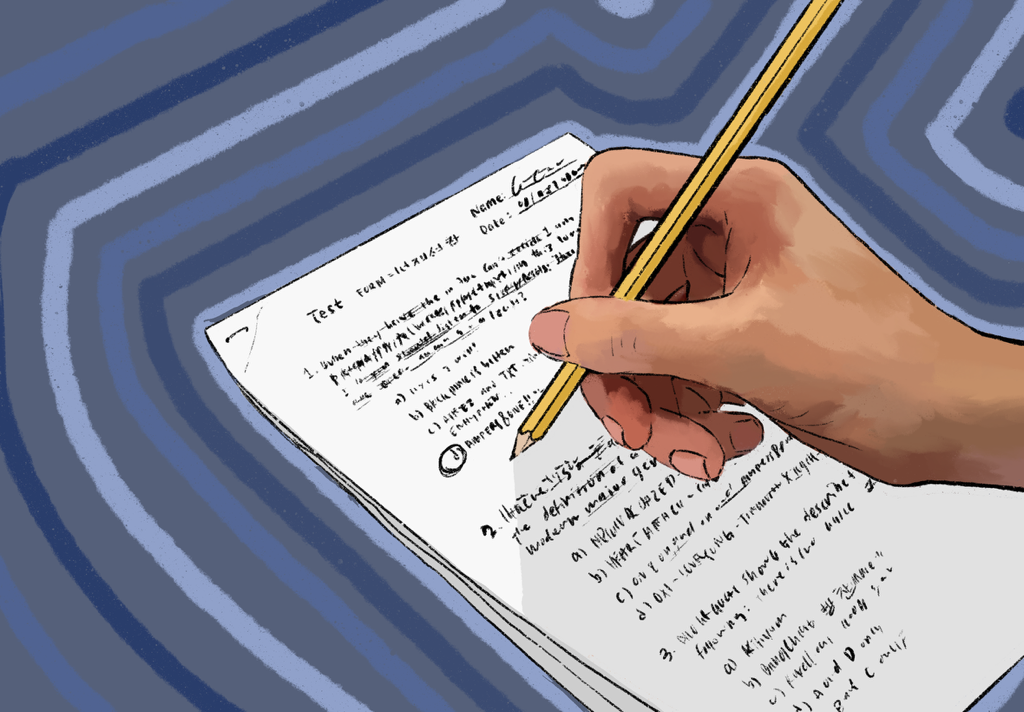Earlier this term, I voted for my form’s representatives on the Judicial Committee. During their speeches, the candidates made a variety of arguments for why they should get our vote. While some pointed out their prior experience, others shared anecdotes in an effort to illustrate that they are both honest and trustworthy. But just like last year, it was hard to differentiate between the candidates because I, along with almost everyone else who was voting, have no basis for judgement.
JC hearings are private. Members of the committee are not allowed to discuss cases outside of hearings in order to protect the privacy of any students involved. Someone’s personal mistake or misconduct should not be made the talk of the School. The problem, however, is that this rule prevents anyone outside of the JC and the involved students from knowing what really happens during hearings.
How are we supposed to vote for representatives if we don’t even know what the JC does when they meet? How are we supposed to know if representatives on the JC are even doing their job? How are we to keep them accountable? We simply can’t. To fix this, transcripts of JC hearings should be made public to any student who wants to view them.
The obvious problem with publicizing transcripts from JC hearings is privacy, but I think there’s an obvious solution to that problem: redact students’ names from the public document. That way, students will be able to understand what happens during hearings without anyone’s personal privacy being sacrificed.
Imagine if court records in the United States weren’t public. There would be a lot less trust in our judicial system and our government as a whole. By keeping hearings private, the JC encourages distrust. If the School’s rules are being enforced correctly and fairly, why can’t the JC share transcripts of their discussions?
Increased transparency from the JC would also benefit academic integrity at Choate. If students were able to read JC cases, they could gain a better understanding of not just the School’s rules, but also the true significance of the honor code. When students are able to trust that the system is fair, they are less likely to disobey the rules. This trust, however, can only be earned by making these hearings public.
At the end of the day, the JC representatives are here to represent the students. The JC is supposed to give students a voice during the process of rule enforcement and oftentimes, discipline. But the ridiculous secrecy of JC meetings makes it impossible for students to hold their representatives accountable. When voting for our JC representatives, all we can do is make our best guess and hope that they do a good job.
So make JC hearings public — only then will the true intentions of the JC be fully understood and recognized. By better understanding the role of the JC and its representatives, students will not only be able to cast better informed votes for their future representatives, but also hold their newly elected representatives to higher standards. With one simple change, the JC can be much more effective than it already is.




